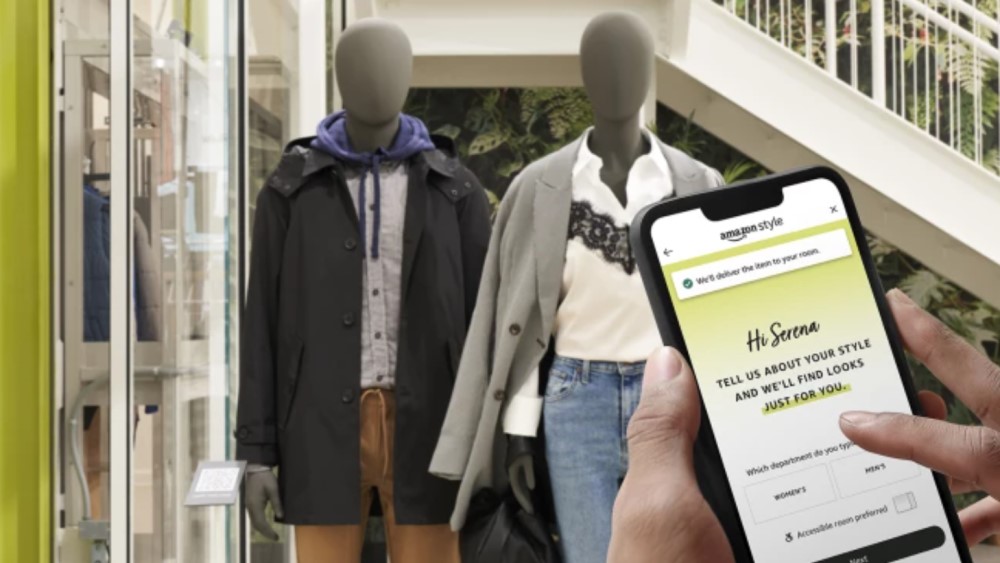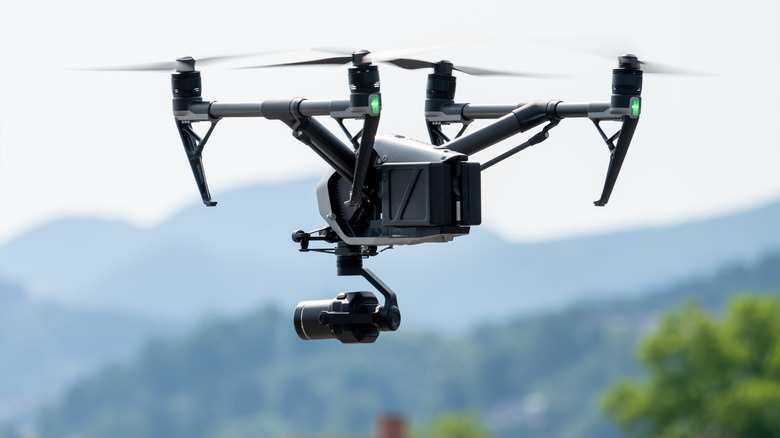
Simonkr/Getty Images
Drones have become a major category in tech over the past couple of decades, and there are more of them in the sky than ever before. From advanced, unmanned military aircraft to the smaller, camera-equipped quad-copters from companies like DJI favored by hobbyists and even mini-drones, these miracles of modern tech are used for everything from filming movies to delivering food and medicine. However, as drones weave themselves into the fabric of 21st-century life, they become an increasingly valuable target for malicious actors.
Every drone owner has likely worried about the possibility of a drone hack — when someone remotely hijacks your drone to use it for their own purposes. These attacks can range from destructive to nefarious. For example, someone may try to deliberately crash your expensive drone or gain access to the camera feed without your knowledge, a startling invasion of privacy you’d have little ability to detect. Of course, the law regulates drone usage and requires registering uncrewed aircraft with the FAA, but that’s just one more reason someone criminally minded might want to acquire someone else’s.
To determine how much the average drone owner should worry about hacks, SlashGear spoke to expert Greg Hatcher, co-founder of boutique offensive cyber security consultancy White Knight Labs. Hatcher’s bona fides include a background in Army special operations and teaching at the National Security Administration (NSA). What he told us was unsettling. The bottom line is that your drone is probably less secure than you think, but Hatcher also provided extremely helpful and important security information for all drone owners.
Drone hacks should concern every drone owner according to an expert
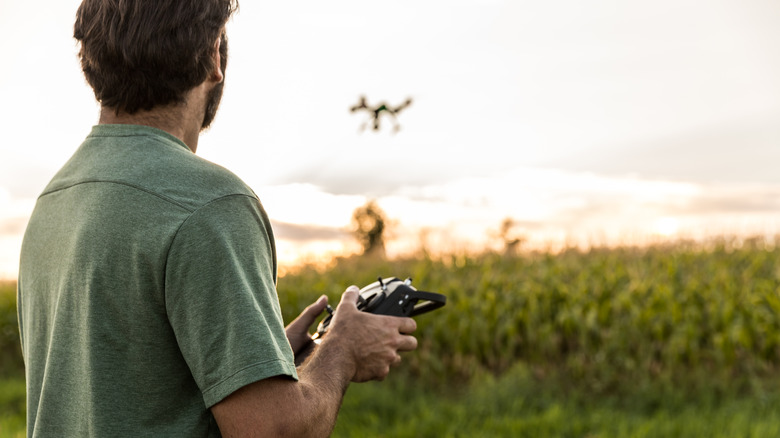
Onfokus/Getty Images
The most important thing White Knight Labs co-founder and cyber security expert Greg Hatcher told us was that no drone user is safe from having their equipment hacked. Not only do drones have weaknesses that can be exploited by malicious actors, but the hacker doesn’t even need physical access to the device. “Drone hacking is a real threat all drone users should consider,” Hatcher says. “Drones can be remotely hacked, with hackers taking over the drone’s controls without needing physical access. They do this by intercepting the signal between the operator and the drone.”
Hatcher refers to a hack in which attackers use a radio frequency analyzer to imitate the signal coming from the drone’s real controller, hijacking it. What’s most unnerving about these attacks is that they can be carried out from up to a mile away, according to Kaspersky. Another common hack that can be carried out remotely is GPS spoofing, a scheme in which an uncrewed aircraft is fed fake GPS coordinates, causing it to travel off course. Using either technique, a hacker might be able to fly your drone to their location to steal it or use it to cause chaos by crashing the aircraft into cars, buildings, or other drones.
Lastly, the attackers might not bother taking control of the drone itself. Instead, they might be more interested in intercepting the video signal from its attached camera on a photography drone or information from other sensors. In that case, you’ll still have your drone, but attackers might be spying on you without your knowledge.
Is it possible to protect your drone from hacks?
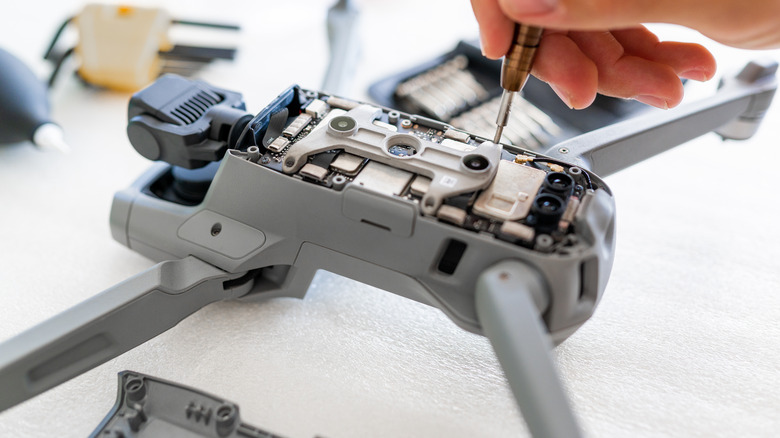
Pintau Studio/Shutterstock
Drone owners worried about getting hacked should be wary but shouldn’t panic. While there might not be a way to prevent people from attempting to hack your drone, there are measures you can deploy to keep yourself as safe as possible. According to cyber-security expert Greg Hatcher, there are several steps that can be taken to make your drone a harder target for hackers. These include making sure it stays updated, ensuring you use the best security practices, and being familiar with your drone.
Hatcher points out that learning how to hack a drone is rather easy. “Online resources like Drone-Hacks offer information on how drones can be hacked,” he says. “Also, user discussions on platforms like Reddit share experiences and techniques related to drone hacking.” However, while this information can be valuable to would-be hackers, learning what techniques might be used to carry out an attack on your drone can also empower you to know the signs of those attacks.
Hatcher has a few more drone security tips. “To safeguard your drone from hacks,” he says, “keep your drone’s software up-to-date, use strong, unique passwords, and pay attention to your drone’s connectivity, especially in unfamiliar areas.” Finally, he suggests becoming familiar with your drone’s normal operating parameters so that you’ll notice if it begins to act strange, saying, “Knowing your drone’s regular behavior can also help you spot any unusual activity.”
Can you tell if a drone has been hacked?
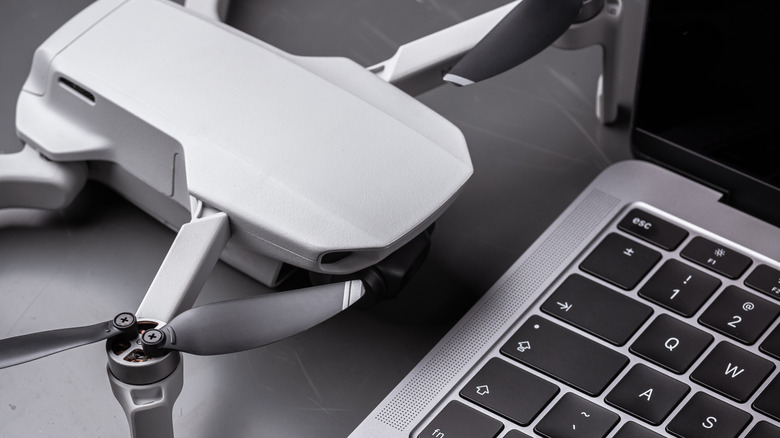
Room 76/Shutterstock
So, drone hacks are a fairly common occurrence, they can be carried out remotely, and there’s only so much you can do to prevent them. All of that is eyebrow-raising, and it prompts the question: how can you tell if you’ve been the victim of a drone hack? On this front, Greg Hatcher, the cyber-security expert we spoke with, doesn’t have great news. Unless the attacker takes control of the drone mid-flight, it can be extremely difficult to determine whether your drone has been hacked.
Hatcher put it bluntly. “Detecting a hacked drone can be tough.” The easiest hacks to detect are those that commandeer the aircraft while you’re piloting it. “Signs of a hack could include strange drone behavior, unexpected changes in flight paths, or suddenly losing control. If your drone starts acting independently of your commands, it might have been hacked. Every drone owner should be aware of these risks and take the necessary security steps to prevent being hacked.”
How can you fix a drone that’s been hacked?
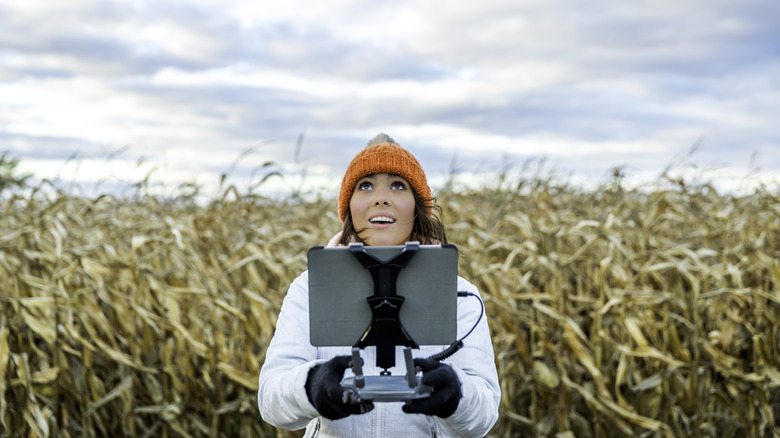
Onfokus/Getty Images
A hacked drone can be a massive security risk. Not only could the hacker take your expensive aircraft out of your control during a flight, but they could crash it, use it to spy on you, or — even worse — use it to commit criminal acts. If you suspect your drone may have been hacked, you shouldn’t waste any time looking for a fix. Unfortunately, hackers can be incredibly clever.
According to cyber-security consultant Greg Hatcher, even factory resetting the drone, thereby restoring it to out-of-the-box settings and clearing all data, might not be enough to recover a hacked uncrewed aircraft. “Resetting your drone to its factory settings won’t always solve the problem,” Hatcher told SlashGear. “Hackers exploit weaknesses in the drone’s software or communication protocols, and a reset doesn’t necessarily fix these vulnerabilities.” Instead, Hatcher recommends you look to the company that made your drone, saying, “Updates or patches from the manufacturer are often needed.”
Note: This article have been indexed to our site. We do not claim legitimacy, ownership or copyright of any of the content above. To see the article at original source Click Here













